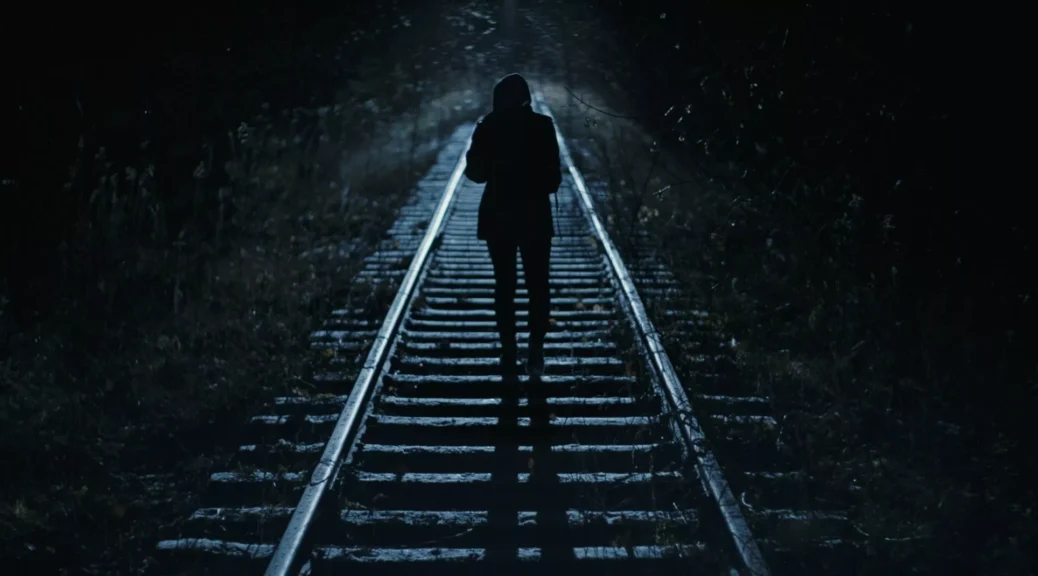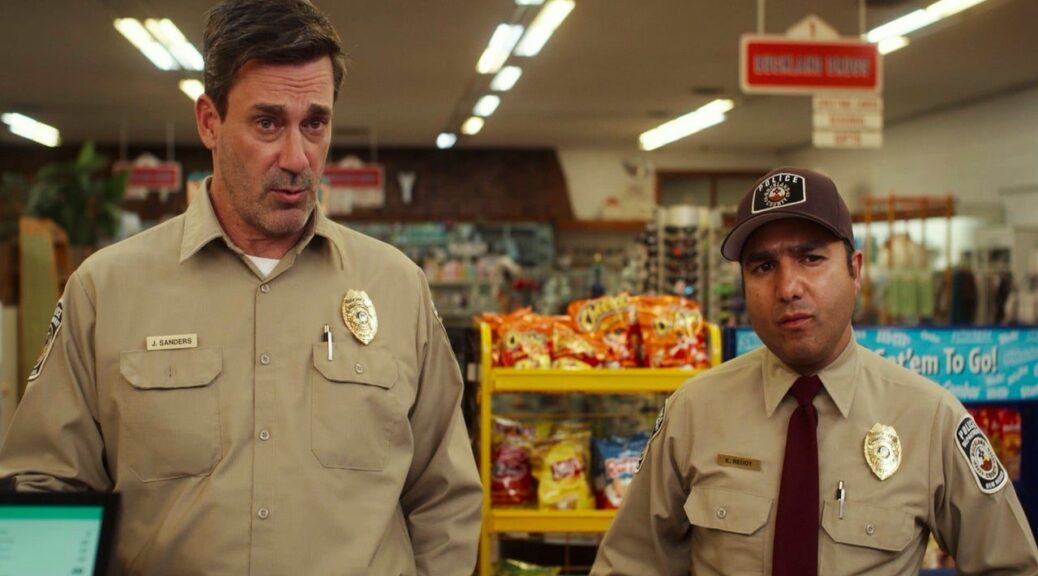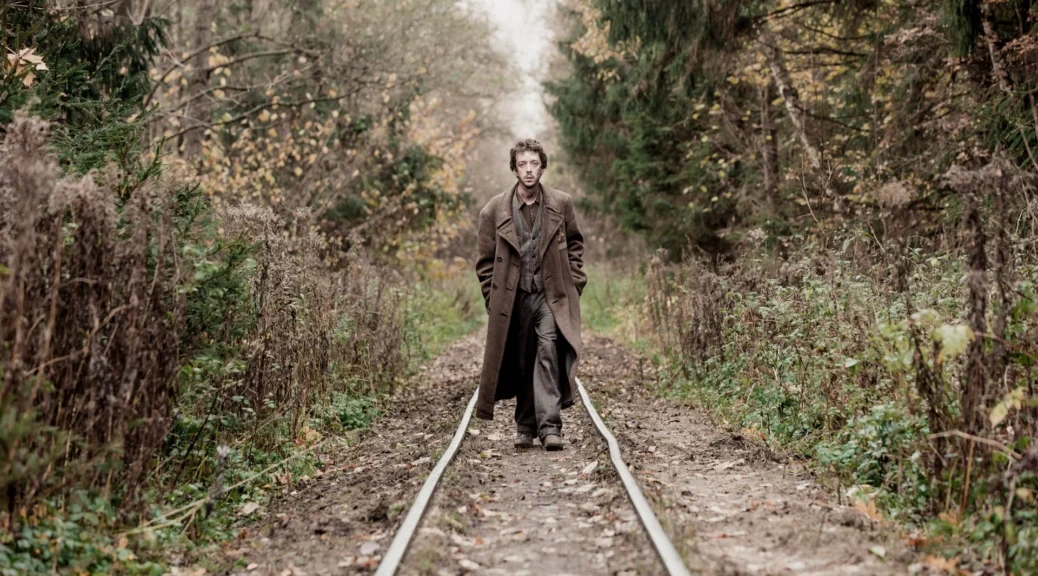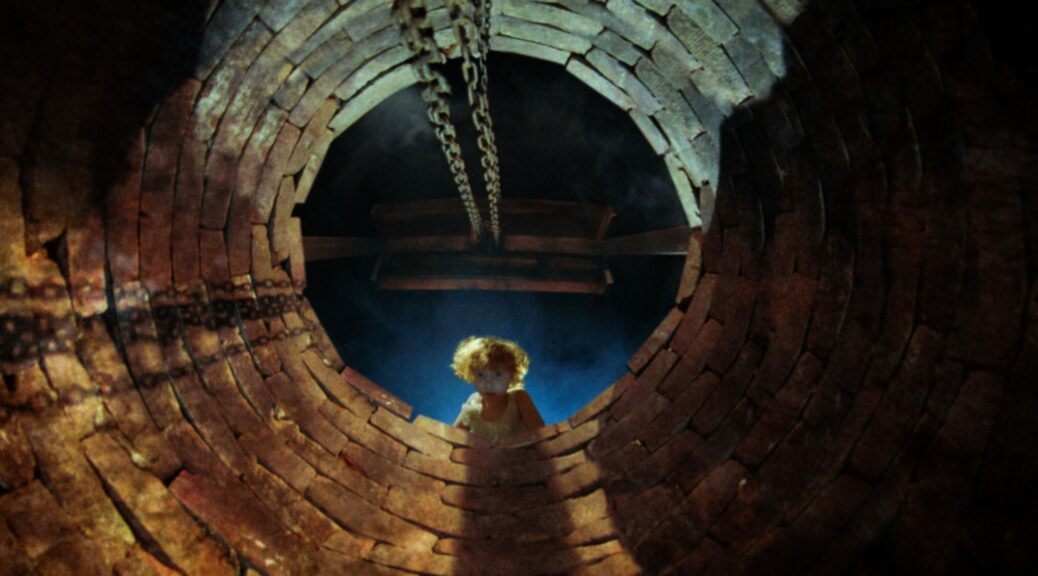Aged
by Brandon Thomas
The subject of aging has become a popular trope in the world of horror. Films like M. Night Shyamalan’s Old and the Aussie favorite Relic used our own fears of natural mortality to tap into something more supernatural. Ti West’s X comments on how aging – and the supposed loss of beauty – can have deeper psychological implications. Director Anubys Lopez’s Aged may not reach the highest highs of the aforementioned films, but what it lacks in originality it more than makes up for with old school things that go bump in the night.
Veronica (Morgan Boss-Maltais) has recently taken a temporary job as a caregiver for the elderly Mrs. Bloom (Carla Kidd). Shortly after arriving at Mrs. Bloom’s remote home, Veronica begins to sense a presence in the house. As the strange events in the house escalate, Veronica also begins to suspect that Mrs. Bloom herself might be harboring a sinister secret.
Aged checks a lot of low-budget horror boxes right off the bat.
Single location? Check.
Small cast? Check.
Simplistic story that requires little in the way of production value and special effects? That would be a check.
These aren’t detriments by any means. The simplicity of Aged is actually the film’s greatest asset… well, except for Kidd’s old-age makeup. That gag is right out of a Spirit Halloween and pretty wince-inducing.
Lopez aims high with the film’s visuals. The low-budget still manages to shine through here and there, but the emphasis on production design and shooting every nook and cranny of the desolate farm house helps create a real sense of place. Lopez has a good eye – so good, in fact, that it’s a shame much of Aged was filmed in the brightness of day.
Boss-Maltais and Kidd spend nearly all of their scenes together. Kidd chews up an enormous amount of scenery as the venomous Mrs. Bloom. Boss-Maltais’s Veronica is your standard bland non-personality-having lead. Veronica’s role is to walk the audience through the plot of the movie and not to have any real arc of her own.
Aged isn’t the first movie you should seek out this weekend – heck it might not even be the 10th – but it is an entertaining enough haunted house flick that’ll keep your attention for 90 minutes.














